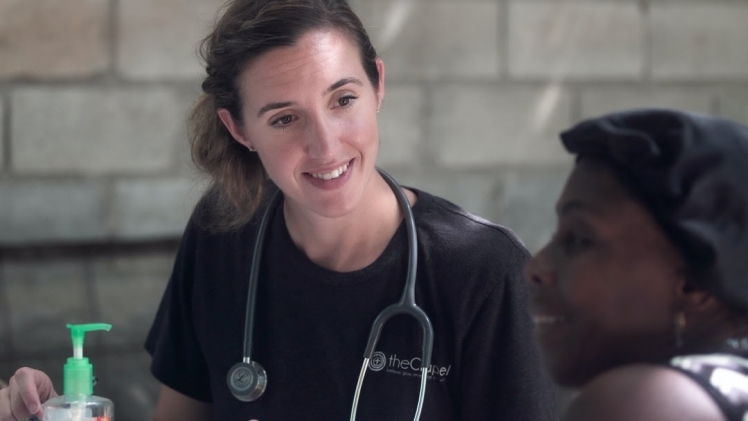Navigating a personal injury claim on your own is tricky. There are insurance requirements to follow and legal rights you must protect to ensure you receive fair compensation for your losses. Suppose you are injured or struggling with the aftermath of a personal injury claim. In that case, it is best to retain the legal services of a personal injury attorney. Experienced legal professionals know the ins and outs of the insurance claim process. Personal injury accident attorneys will be able to identify issues regarding liability and determine the best steps to take to maximize your compensation. They take the help of legal graphics to prove your case in the court.
1. Keep track of your medical treatment.
Seeking medical treatment is step one for any person involved in a personal injury claim. Firstly, it is imperative to get a medical evaluation after an injury to rule out the possibility of long-term effects. Some people may consider their injuries to be minor, like whiplash or a dog bite that pierced the skin. However, these can develop into more severe conditions. For example, spinal problems or infections may arise. Your health is the most critical aspect of your personal injury claim, and it should be your primary concern. Additionally, your medical bills and records will play a significant role in your personal injury case. Medical documentation is possibly the most critical aspect of your claim.
2. Take as many photos as possible.
Both insurance companies and personal injury attorneys must investigate the circumstances through which your accident occurred. Taking photos of the incident scene is an excellent means of painting an accurate picture for third parties to evaluate. If you were involved in a car accident, take photos of the roadway, nearby street signs, and damages to surrounding items like guardrail dents or skid marks on the curb. If you were bitten by an animal or involved in a slip and fall, take photos of the area where your injury occurred. In any personal injury case, it is beneficial to take pictures of your injuries. If you have visible bruising, lacerations, or burns, take photos of them throughout your healing process.
3. Document everything.

While medical records are significant, they are not everything. Your personal documentation of symptoms can also be a critical component of your injury case. For example, if you have been suffering from anxiety while traveling or feel fatigued due to the inability to sleep, make a note of it. Keeping a journal and jotting down just a few notes about how you’re feeling can help create a necessary timeline of events that have arisen since the injury. Many people have to pay out-of-pocket expenses like prescription medication or rental car expenses. Save your receipts and document the day and reason for your additional costs. An experienced personal injury attorney will be able to recover any financial losses you have suffered since your injury. This documentation will help you both to create a strong personal injury case.
4. Retain a personal injury attorney.
A personal injury attorney has the experience of hundreds or even thousands of personal injury claims. While everyone’s situation is different, this specialized knowledge can help your attorney ensure you are prepared for anything. Local statutes and laws govern the intricacies of a personal injury claim. Without extensive legal knowledge, your rights may be at risk. There are deadlines that must be adhered to, like the statute of limitations. These governing forces are in place to help injury victims, but when incorrectly utilized, they could hurt your claim.
If you have been involved in a personal injury claim and are concerned about the fairness of the outcome, consult with a legal professional. Personal injury claims contain many moving parts. Injury victims should be focusing on their physical health and mental well-being. Dealing with insurance company processes and legal issues can exacerbate your problems and delay your healing time. An experienced legal team can handle the paperwork and allow you to rest and recuperate.

